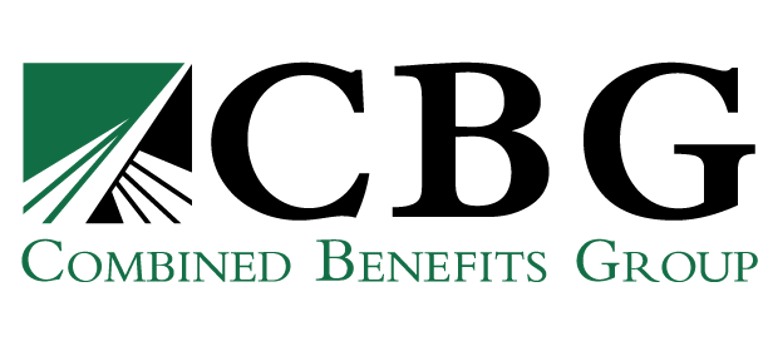IRS Releases 2026 Cost-of-Living Adjustments for Health FSAs, Transportation Benefits, Adoption Assistance, and More
Rev. Proc. 2025-32 - IRS News Release IR-2025-103 (Oct. 9, 2025)
James K Crook
10/16/20252 min read


The IRS has released the 2026 cost-of-living adjustments (COLAs) for a wide variety of tax-related limits, including limits relating to health FSAs, qualified transportation fringe benefits, qualified small employer health reimbursement arrangements (QSEHRAs), adoption assistance, dependent care assistance programs (DCAPs), the small business health care tax credit, and the premium tax credit.
Health FSAs. For 2026, the dollar limit on employee salary reduction contributions to health FSAs will be $3,400 (up from $3,300). If the cafeteria plan permits health FSA carryovers, the maximum amount that can be carried over to the 2027 plan year is $680 (up from $660).
Qualified Transportation Fringe Benefits. For 2026, the monthly limit on the amount that may be excluded from an employee’s income for qualified parking benefits will be $340 (up from $325). The combined monthly limit for transit passes and vanpooling expenses for 2026 will be $340 (up from $325).
QSEHRAs. For 2026, the maximum amount of payments and reimbursements under a QSEHRA will be $6,450 for self-only coverage and $13,100 for family coverage (up from $6,350 and $12,800, respectively).
Adoption Assistance Exclusion and Adoption Credit. The maximum amount that may be excluded from an employee’s gross income under an employer-provided adoption assistance program for the adoption of a child will be $17,670 for 2026 (up from $17,280). In addition, the maximum adoption credit allowed to an individual for the adoption of a child will be $17,670 for 2026 (up from $17,280). Both the exclusion and the credit will begin to be phased out for individuals with modified adjusted gross incomes greater than $265,080 and will be entirely phased out for individuals with modified adjusted gross incomes of $305,080 or more. Beginning in 2025, up to $5,000 (indexed) of the adoption credit is refundable. For 2026, the maximum refundable amount is $5,120.
DCAPs. While the maximum amount of DCAP benefits that can be excluded from income has not been adjusted for cost-of-living changes (it is a non-indexed limit), that amount will increase beginning in 2026 to $7,500 or $3,750 depending on marital and filing status (up from $5,000 or $2,500) due to legislation enacted earlier in 2025. In addition, there are adjustments to certain general tax limits that are relevant to an individual’s federal income tax savings under a DCAP.
Small Business Health Care Tax Credit. For 2026, the average annual wage level at which the tax credit begins to phase out for eligible small employers will be $34,100 (up from $33,300). The maximum average annual wages to qualify for the credit as an “eligible small employer” for 2026 will be twice this amount, i.e., $68,200
Premium Tax Credit. Because 2025 legislation eliminated the cap on the recapture of advance payments of the premium tax credit, the inflation adjustment has been removed from the 2026 COLAs.
The penalty amounts applicable to information returns and individual statements (including Forms 1094 and 1095) have also been adjusted.
Benefit Administration made Simple!
Copyright © Combined Benefits Group 2024. All rights reserved. | Privacy Policy | User Agreement. | Send a Secure File
